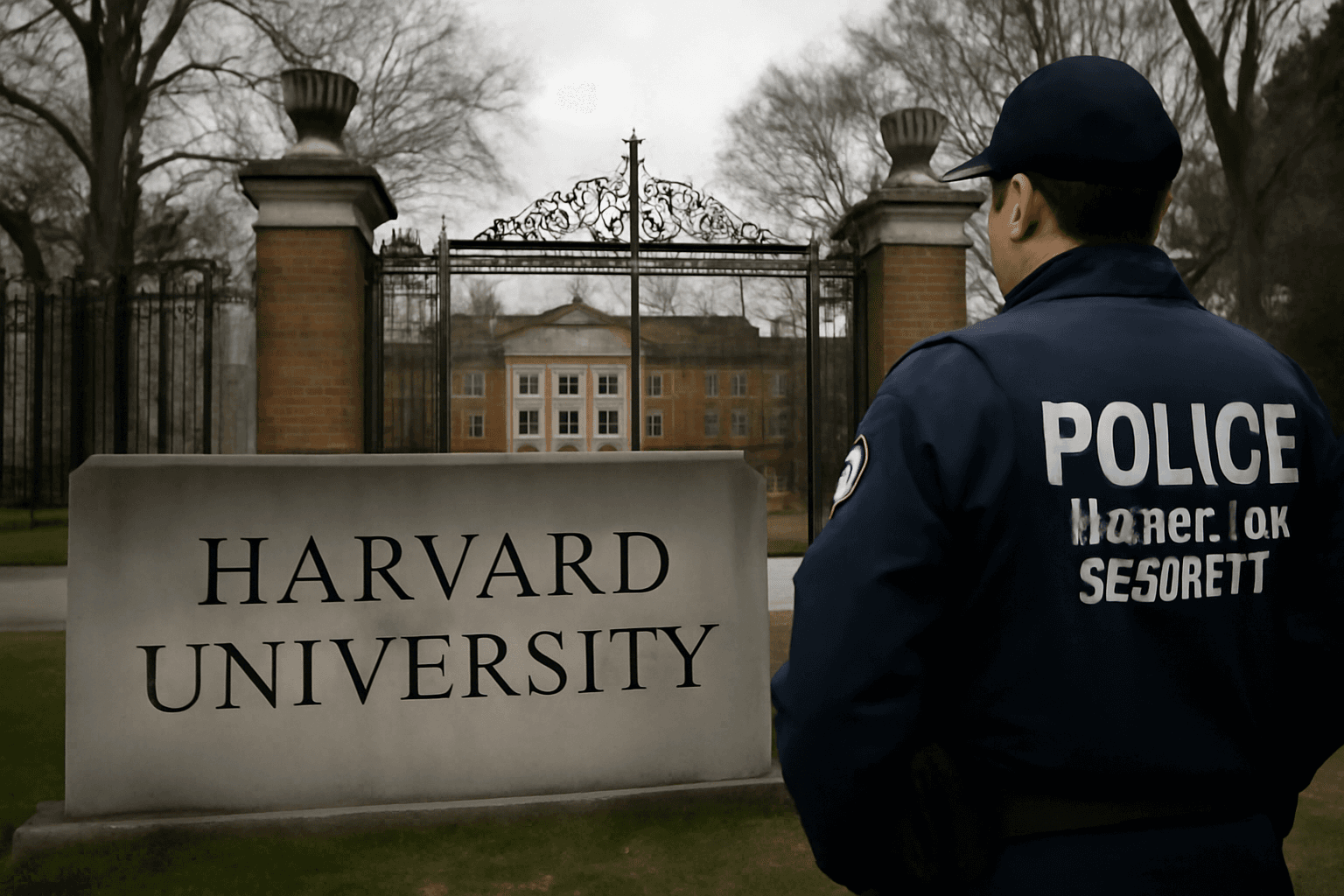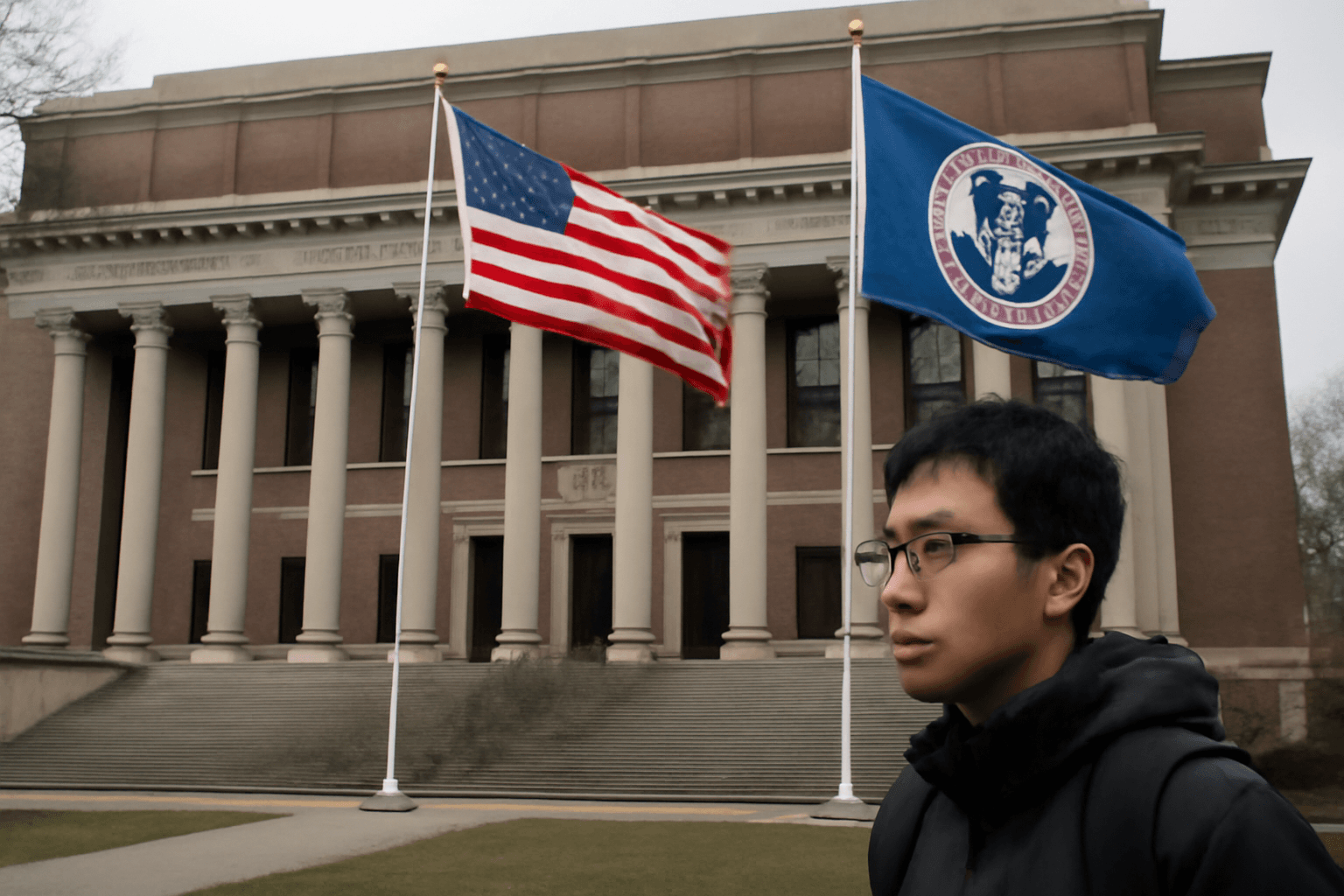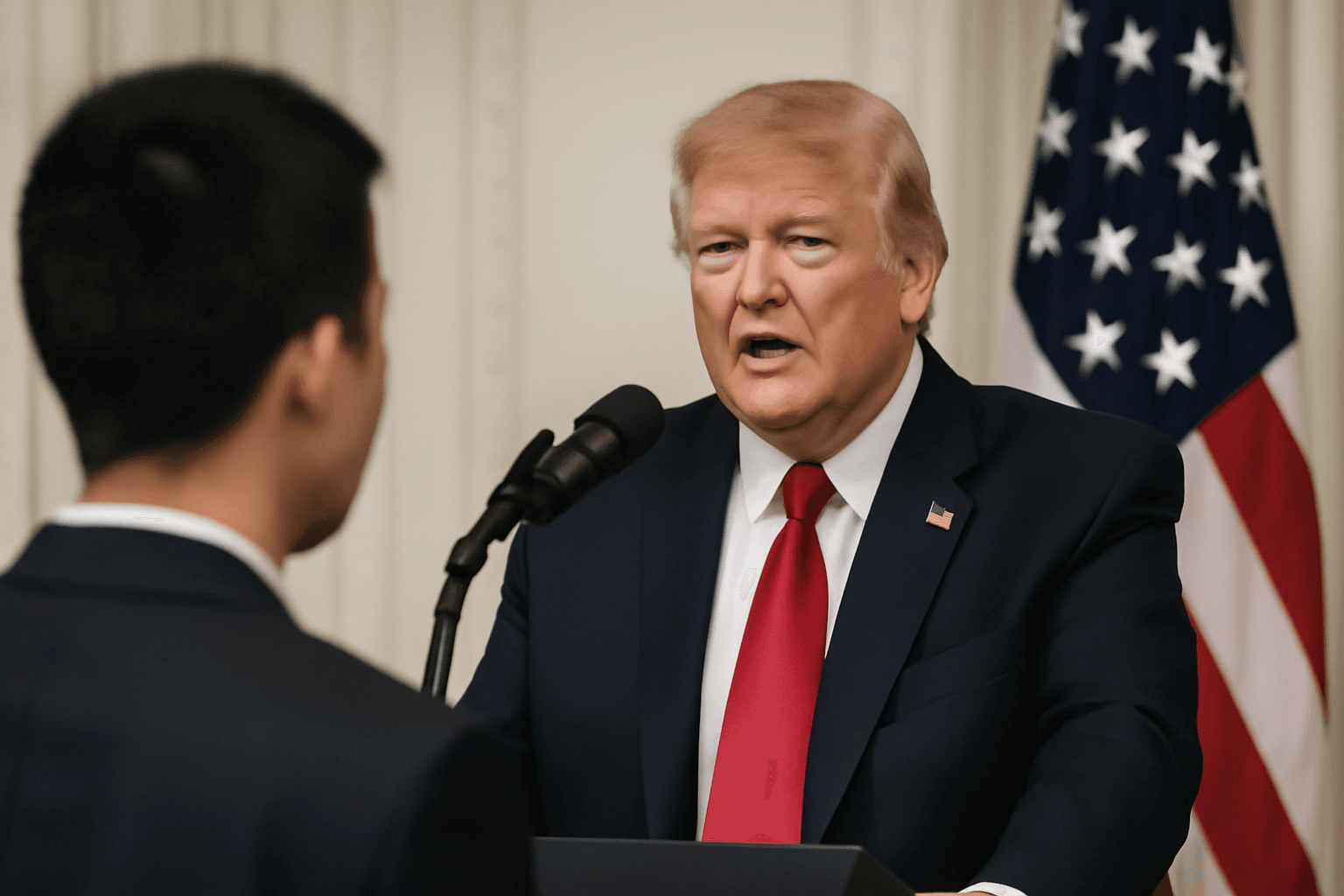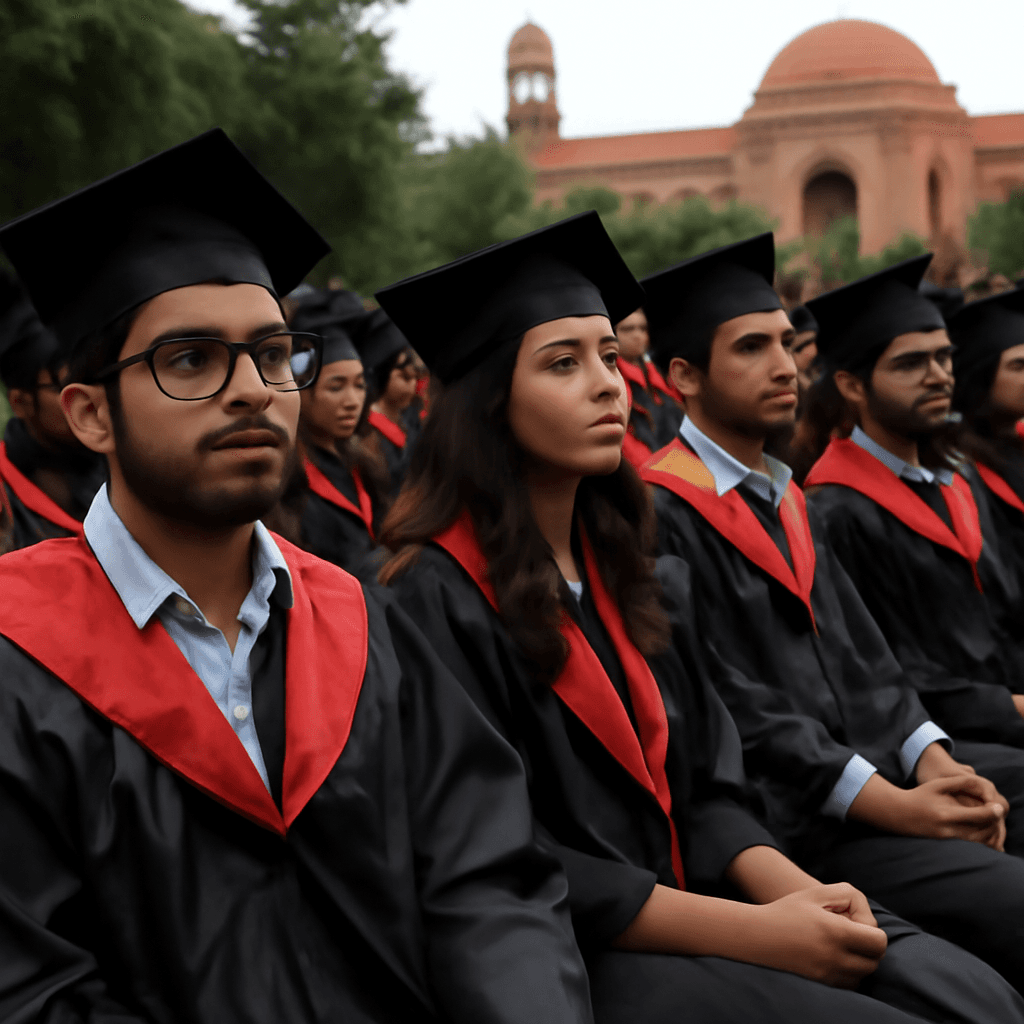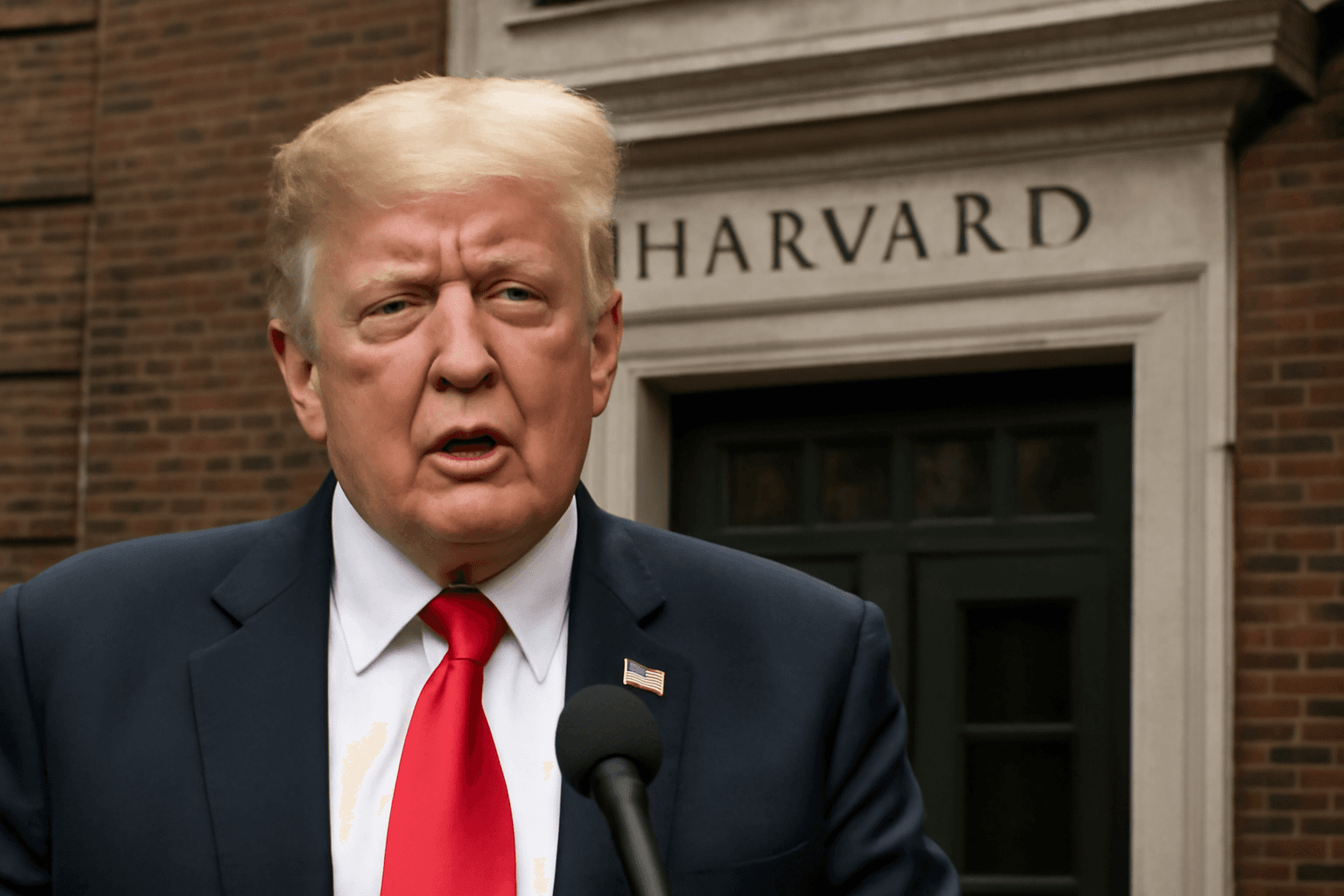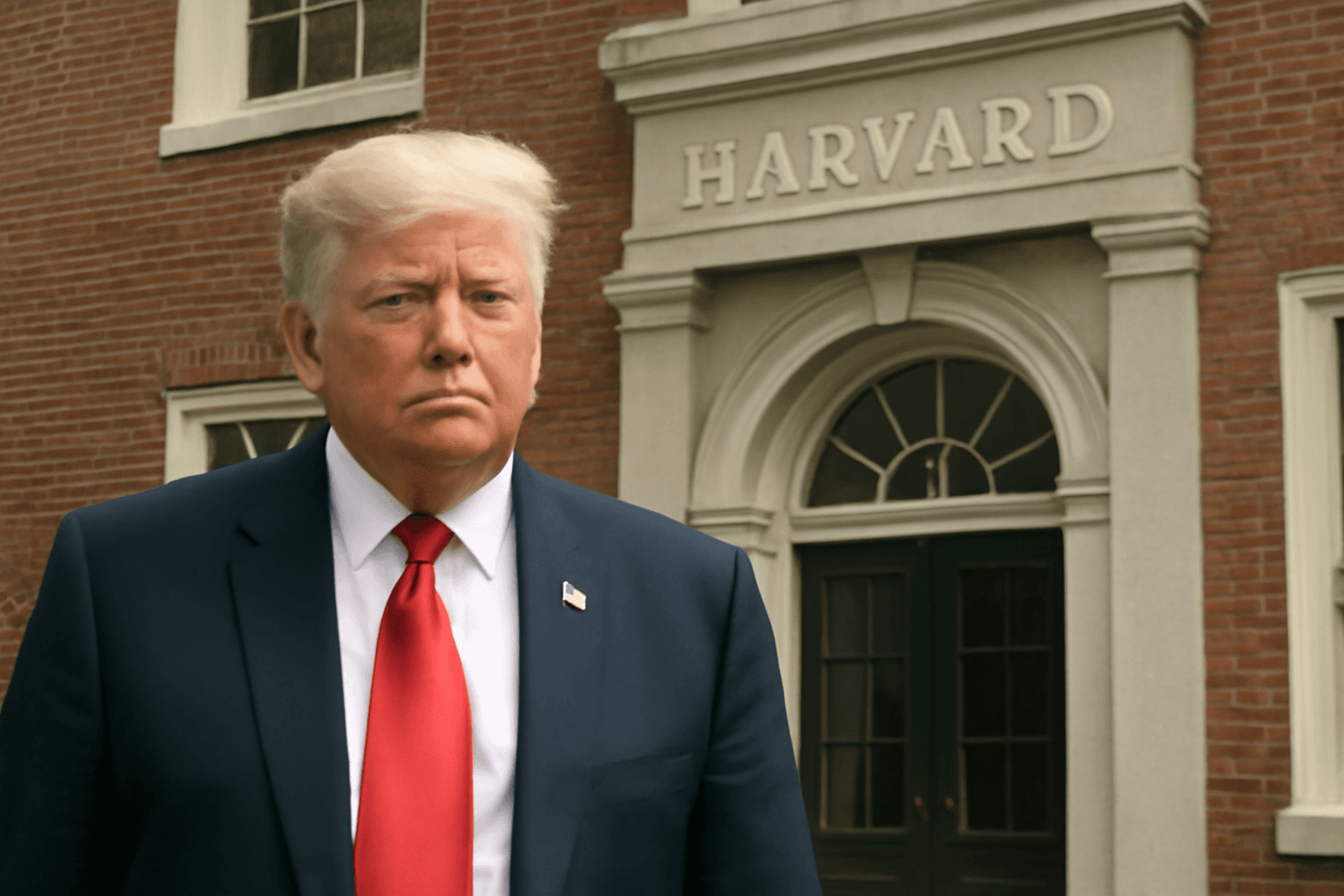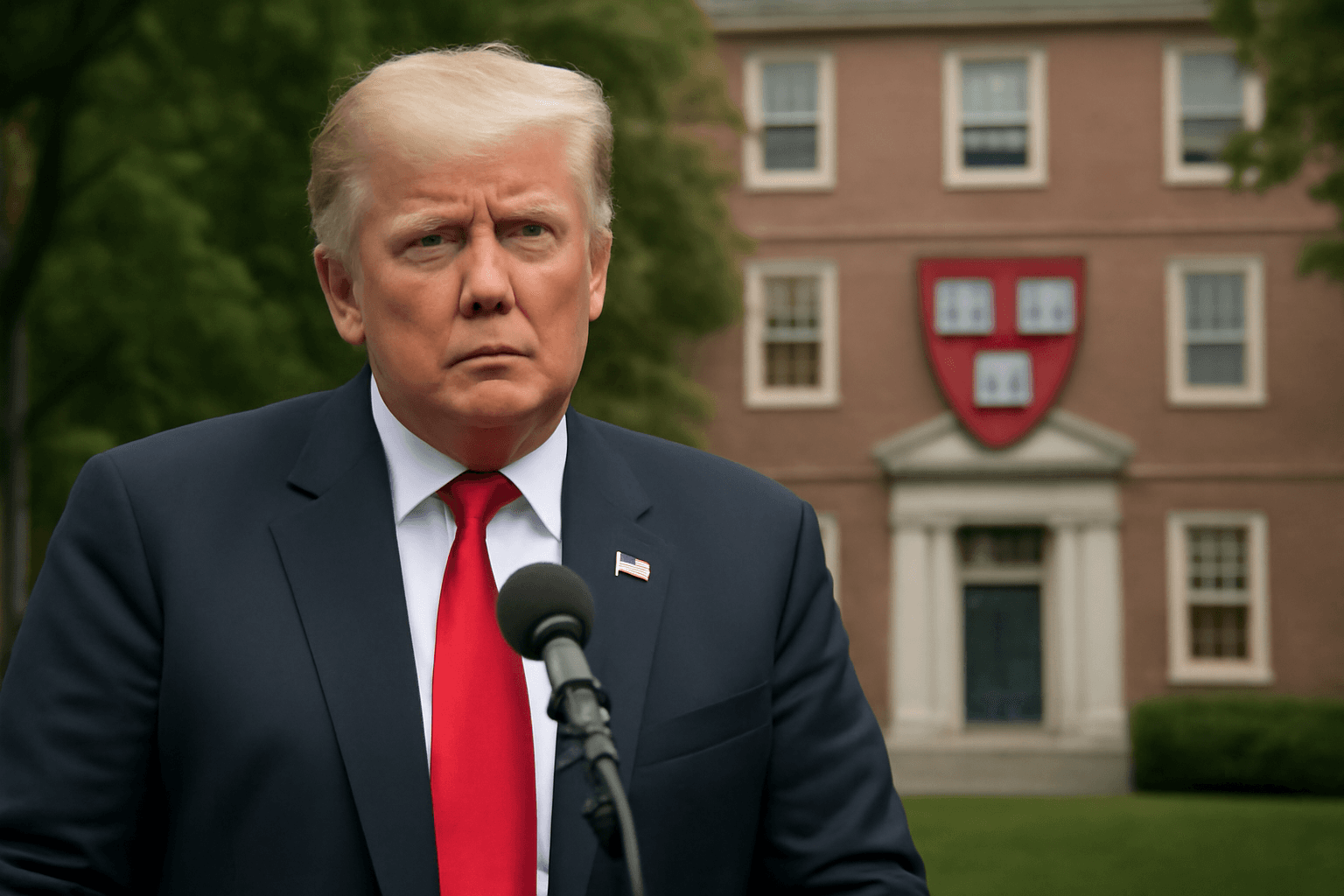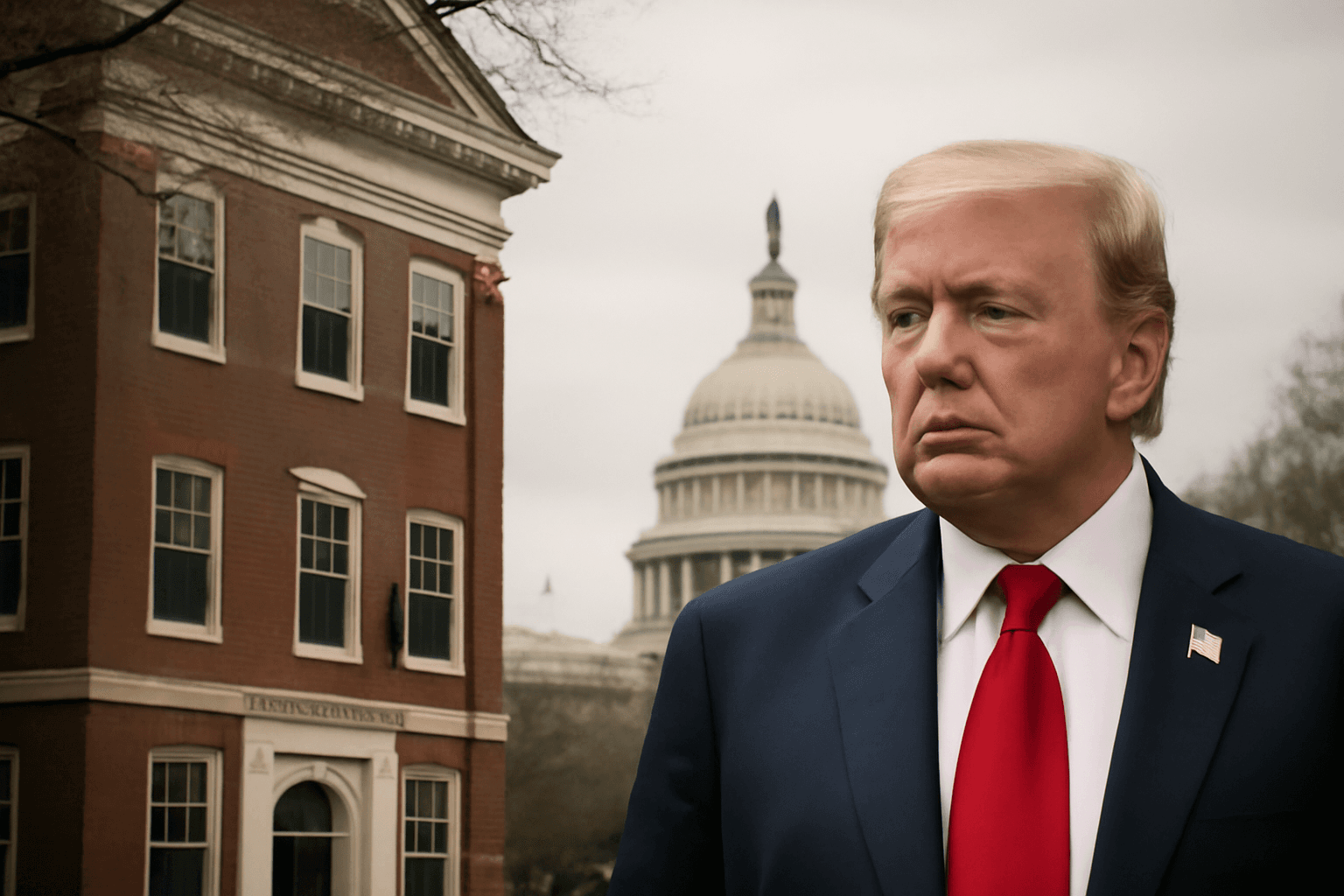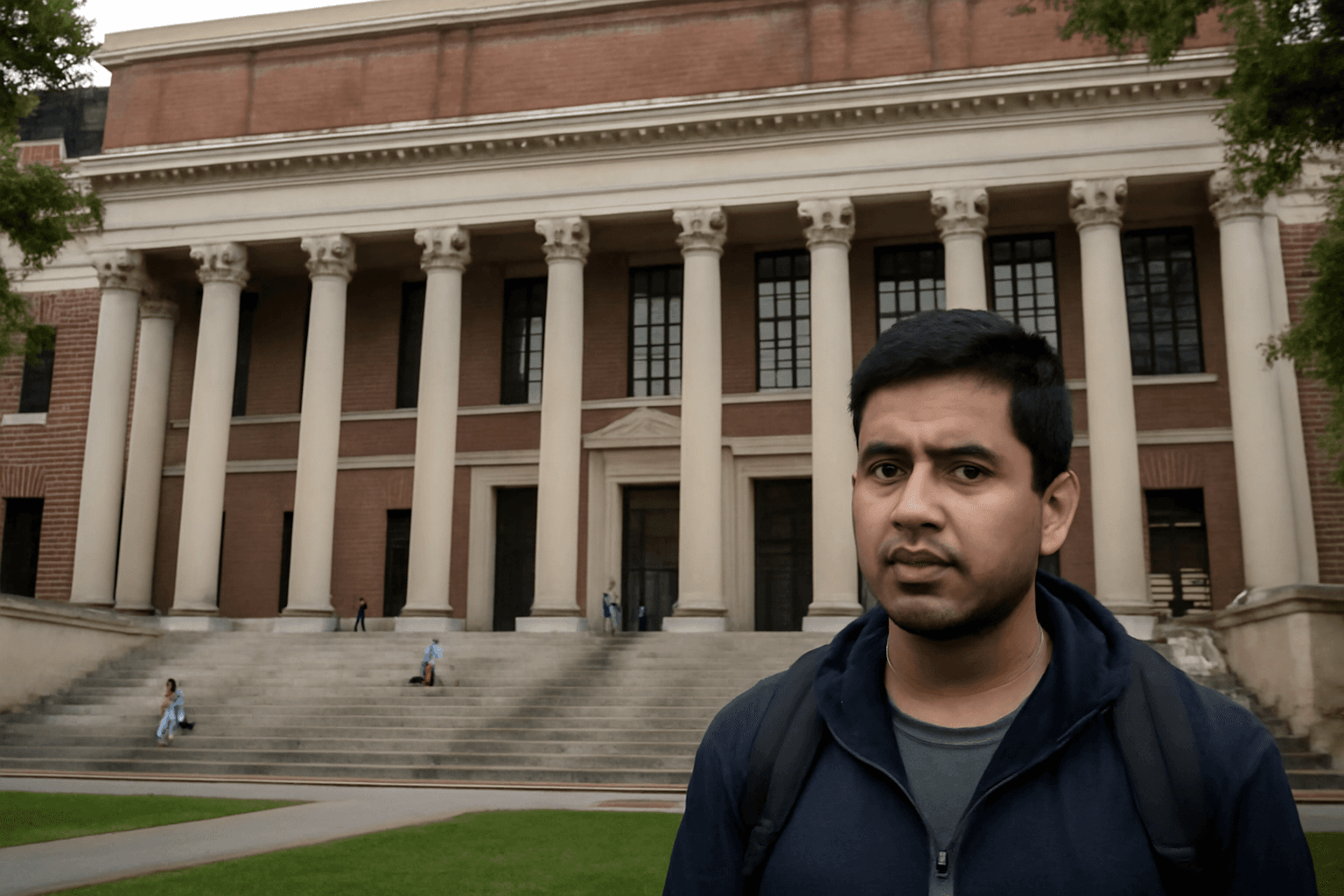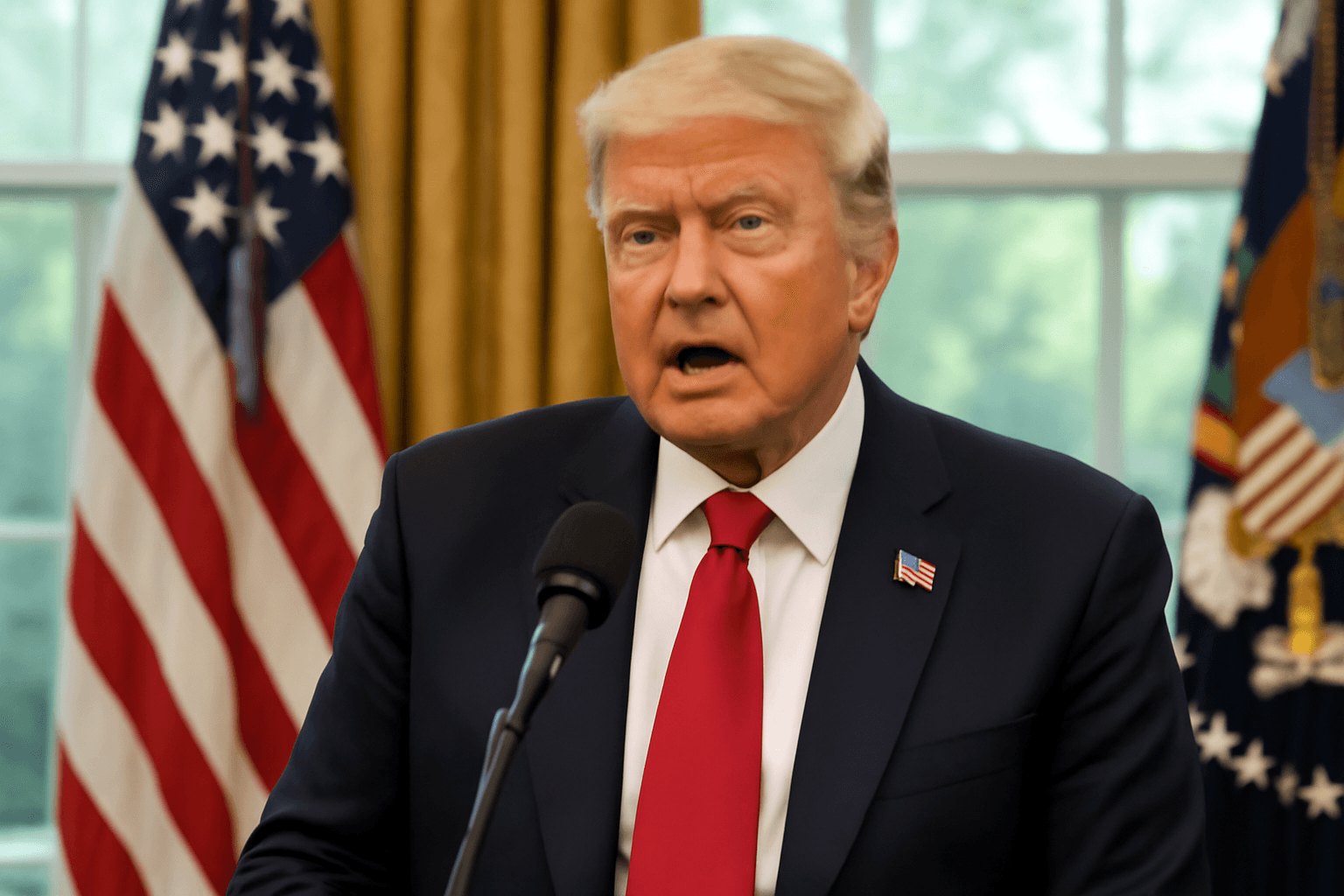The recent policies restricting foreign students in the United States have sparked uncertainty for thousands of international scholars, prompting Asian universities to step forward with support and new opportunities.
Following measures that curtailed the enrollment of foreign students at elite US institutions, including Harvard University, approximately 6,800 students faced visa insecurity and potential disruption of their academic paths. A federal judge intervened, issuing a temporary order that prevented the enforcement of these restrictions on Harvard, yet uncertainty persists for many.
In response, prominent Asian universities are actively inviting displaced students to continue their education without interruption. Hong Kong's Education Secretary Christine Choi encouraged local institutions to admit outstanding students worldwide, bolstering Hong Kong’s commitment to attracting global talent. Additionally, new policies now allow international undergraduate students in Hong Kong to engage in part-time employment unrestrictedly, enhancing their career prospects.
The Hong Kong University of Science and Technology (HKUST) extended offers to international students enrolled at or accepted by Harvard, aiming to facilitate seamless academic transition. HKUST emphasized its dedication to ensuring students' educational progress remains uninterrupted.
Japan is similarly welcoming affected students. The Ministry of Education, under Minister Toshiko Abe, has advocated for domestic universities to admit those disrupted by the US measures. Institutions such as the University of Tokyo and Kyoto University have initiated temporary enrollment programs, visa support services, and academic assistance. Kyoto University’s International Undergraduate Program offers tuition waivers and stipends, providing a supportive environment for researchers and students whose studies have been affected.
This shift reflects Asia’s increasing prominence as a destination for higher education amid changing geopolitical landscapes. By embracing displaced students and introducing incentivizing policies, Asian universities are poised to reshape the international education landscape, challenging traditional centers of academic excellence.


